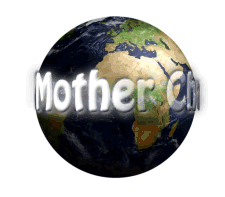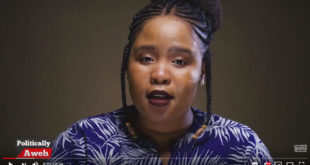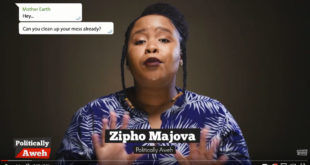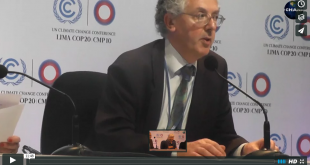Panel speakers at COP 20, presenting on the environmental assessment and participatory planning in establishing sustainable practices and systems and the focus on creating more sustainable, resilient urban environments in Cities and regions in Latin America.
Andrew Griffin, Director, Regional Environments Hub office in South America, our office is one of twelve offices created by Dept. of State in recognition of the reality that many of the urgent environmental challenges we face, e.g. climate change, air and water pollution, wild life trafficking, deforestation, etc., do not respect national boundaries (trans-boundary challenges) and our main focus is to promote regional and multi-level co-operation to address these challenges and come up with creative solutions.
South America is one of the most urbanized regions in the world and with cities contributing up to 70% of all GHG emissions globally, they are also uniquely vulnerable to the impacts of climate change, therefore our current focus is to work on the level of cities and helping municipal governments share best practices and also exchange lessons learned with US cities in terms of shared global challenges, i.e. sustainable transportation, solid waste management, resilience to natural disasters, etc.
A project already piloted in Casablanca, Cairo and Columbia, the Ecocitizen World Map project was established to help cities with innovative and technology advanced information for decision makers, which the Dept. of State is supporting through the Organisation of American States (OAS), and which is to be replicated through Lima, who will now have a chance to integrate this tool into the decision making process, as both Lima and Peru both seek to develop more sustainably and to become more resilient to climate change.
Kirstin Miller, Exec. Director, Ecocity Builders (NGO) defines an ecocity as an “ecologically healthy human settlement modeled on the self-sustaining resilient structure and function of natural ecosystems and living organisms”. Biometrics is central to the Ecocity concept through the analogy of the cities as living organisms. Cities (including their inhabitants) exhibit and require systems for movement (transport), respiration (processes to obtain energy), sensitivity (responding to its environment), growth (evolving/changing over time), reproduction (including education, construction, planning and development, etc.), excretion (outputs and wastes), and nutrition (need for air, water, soil, food for inhabitants, materials, etc.).
Based on a bottom-up approach to documenting environmental conditions at the neighborhood scale, Ecocity Builders’ Urbinsight platform connects communities with web-based mapping tools designed to explore and measure holistic urban health, providing the tools, training, and knowledge for creating more sustainable, resilient urban environments.
The Ecocitizen World Map Project is a suite of tools and methods that uses PUMIS and GIS technology to explore, understand, and measure holistic urban health from a citizen’s perspective. The project provides an online mapping platform allowing residents to access and combine local, community-uploaded data with open-government data on key indicators such as air and water quality, access to transit, crime, and cultural amenities. The indicators measured by mapping, align with the International Ecocity Framework and Standards (IEFS) and can be used to evaluate a city or neighborhood’s ecocity status.
Transitioning for Climate resilience really challenges us to look at ‘urban metabolism‘ and what would be a healthier way to use resources and live in the future that is in better balance and which does not upset our climates.
Read further:
International Ecocity Framework & Standards: A Holistic Approach to Measuring Urban Health
http://www.oas.org/en/default.asp
https://en.wikipedia.org/wiki/Urban_metabolism
 Mother Channel Environmental, climate change news and media.
Mother Channel Environmental, climate change news and media.



